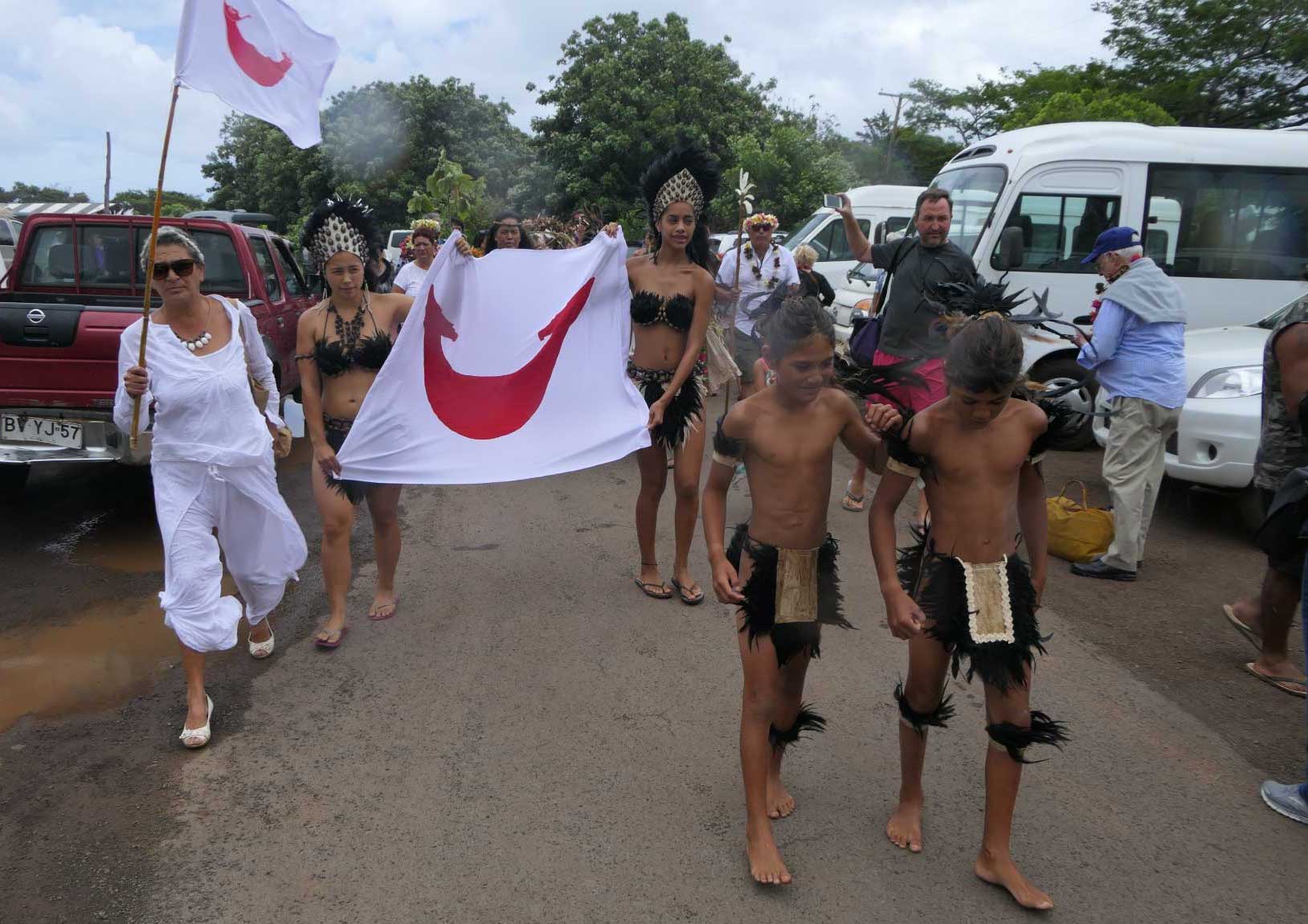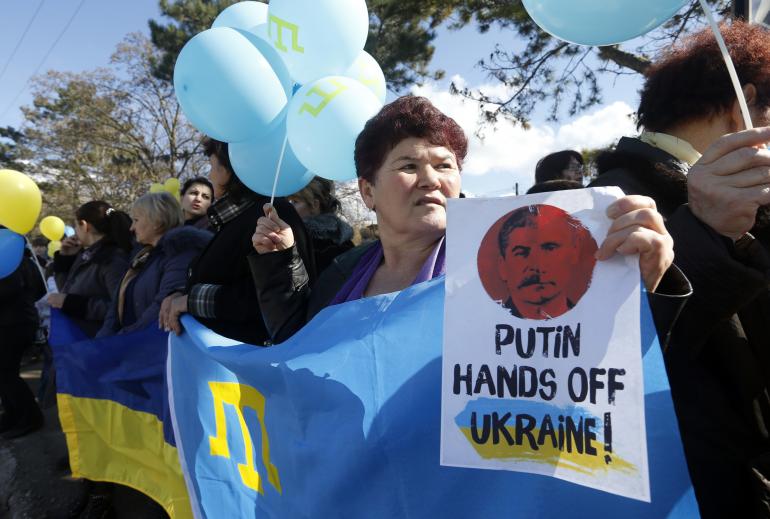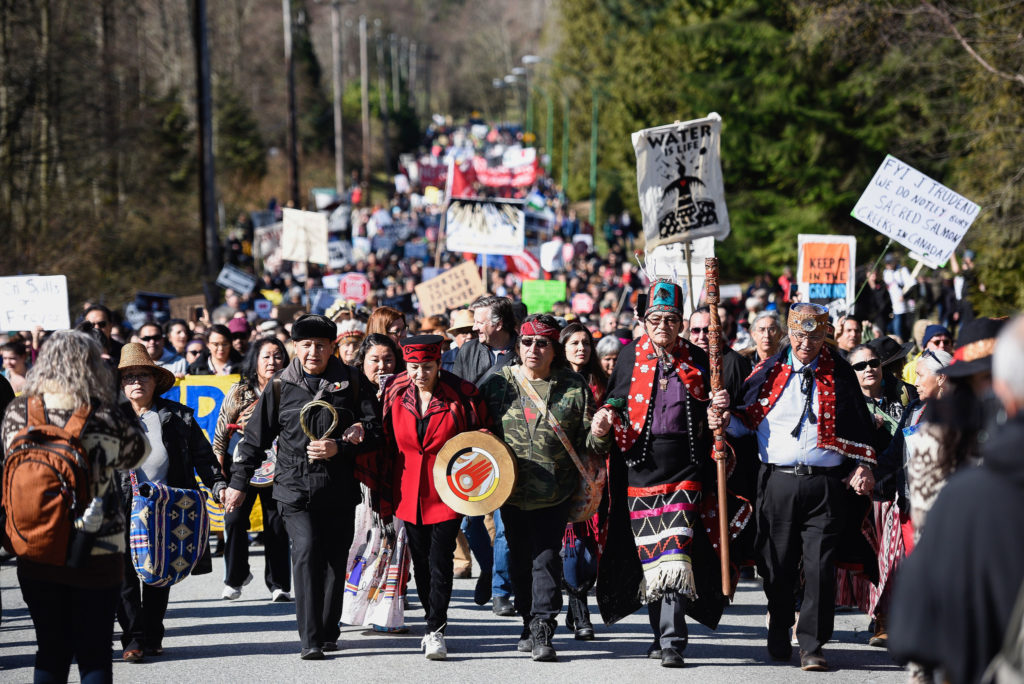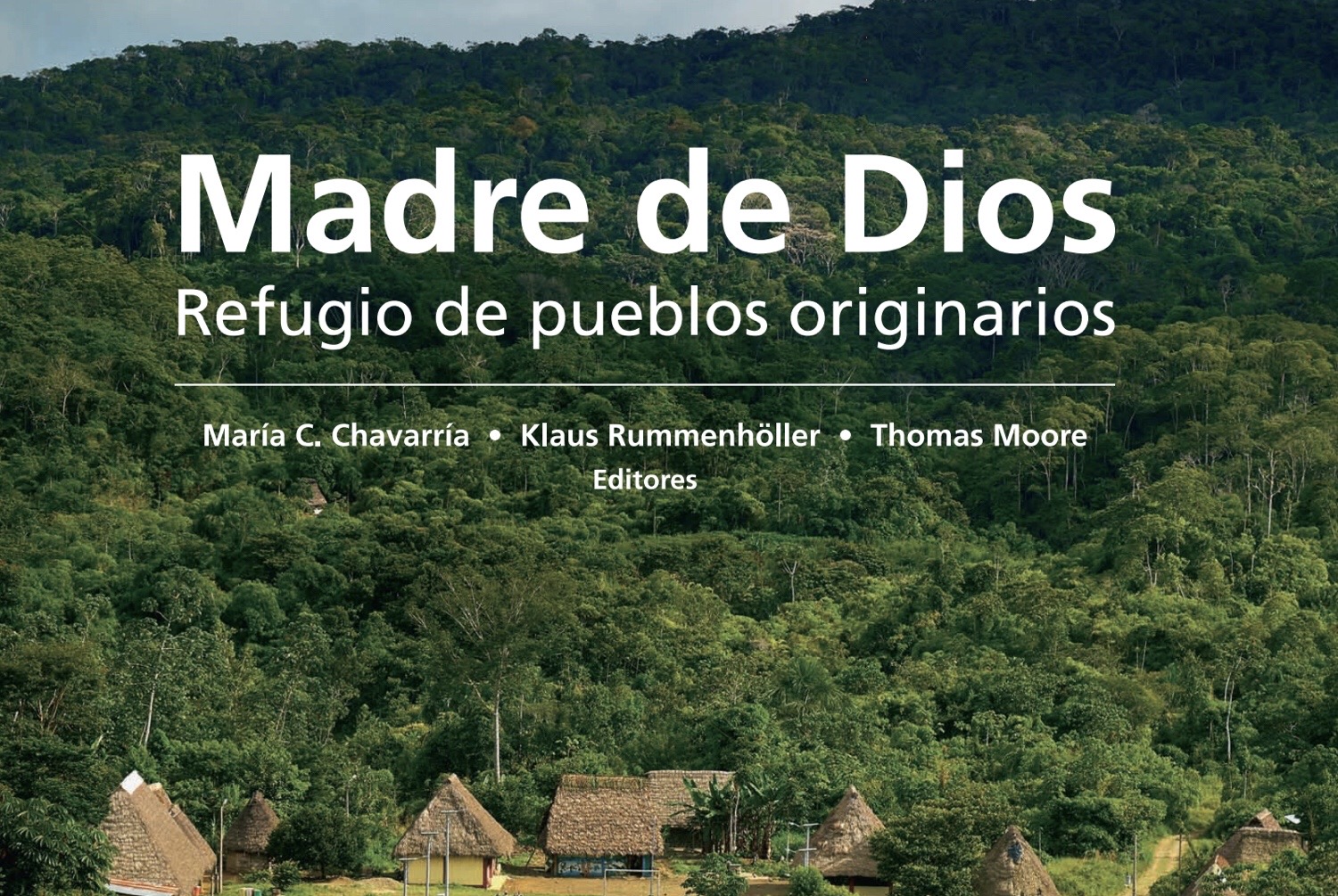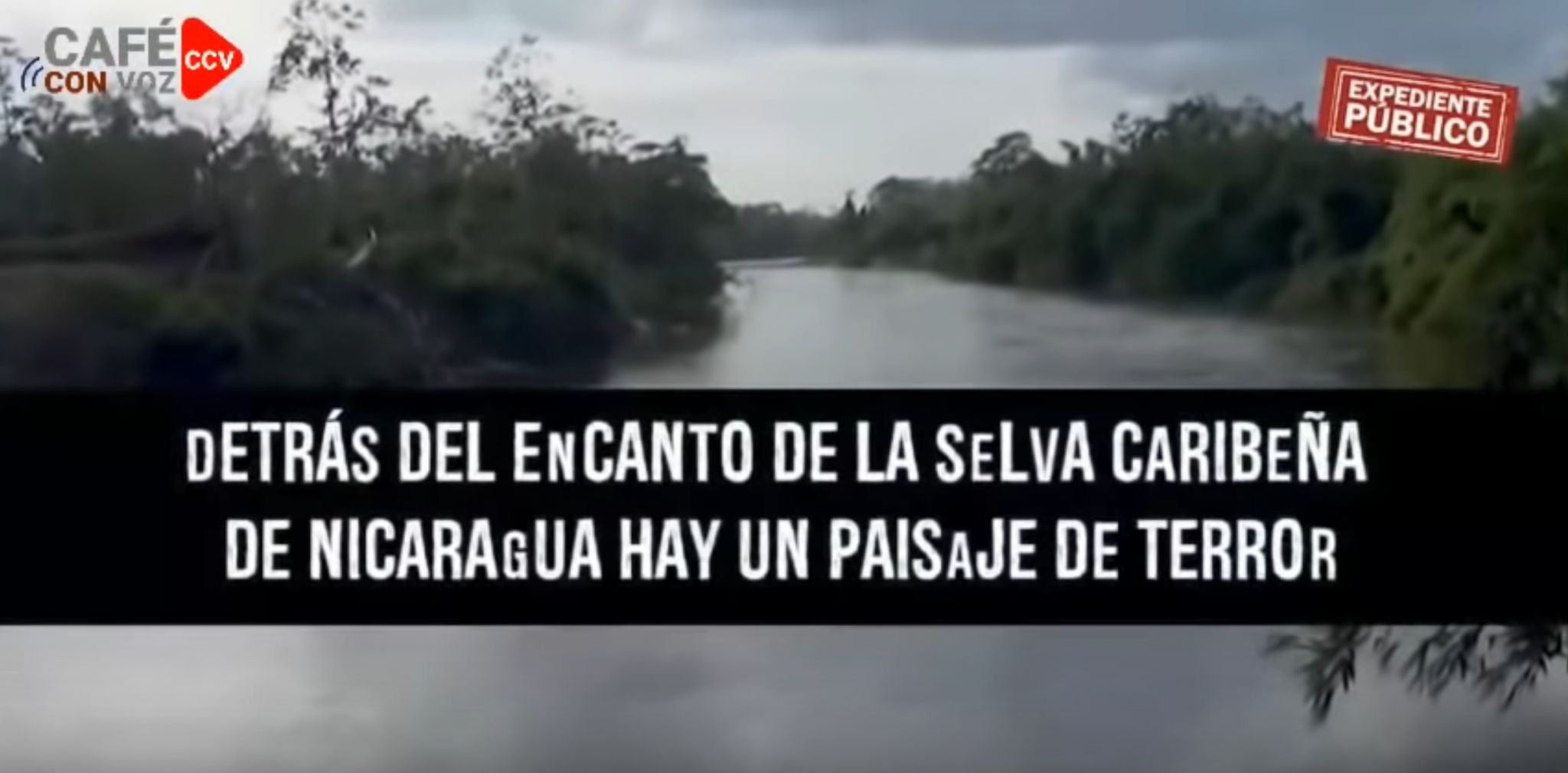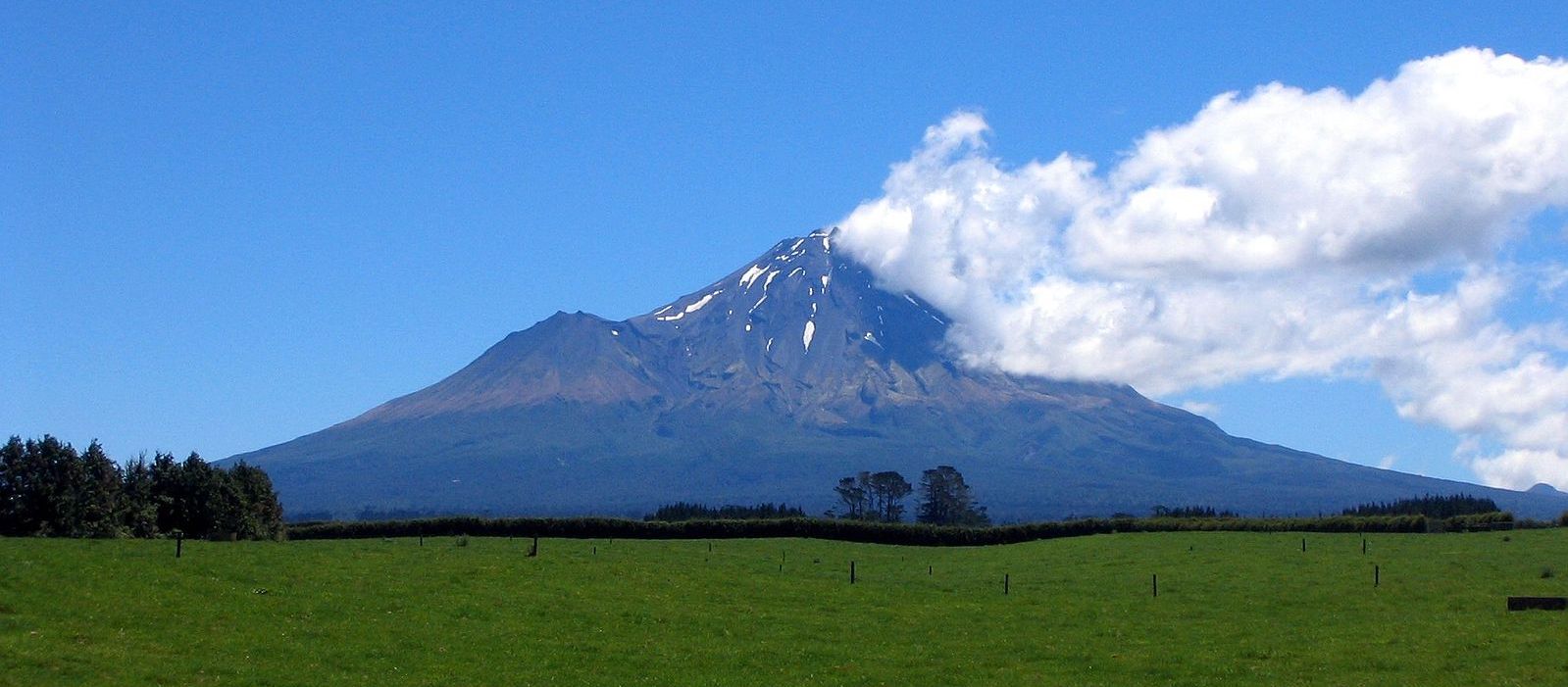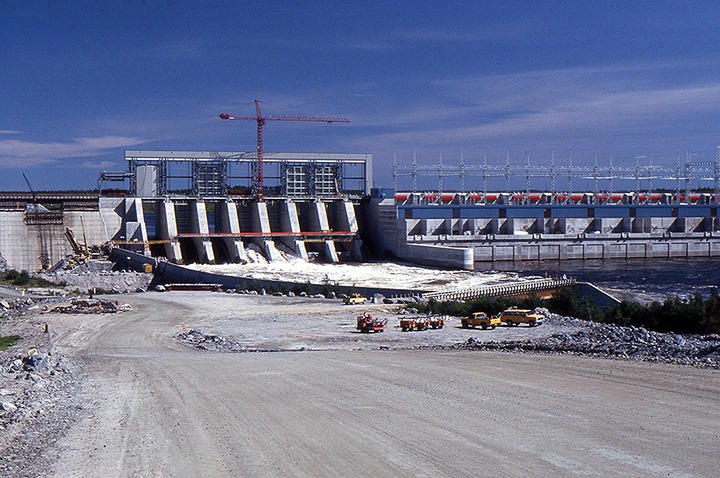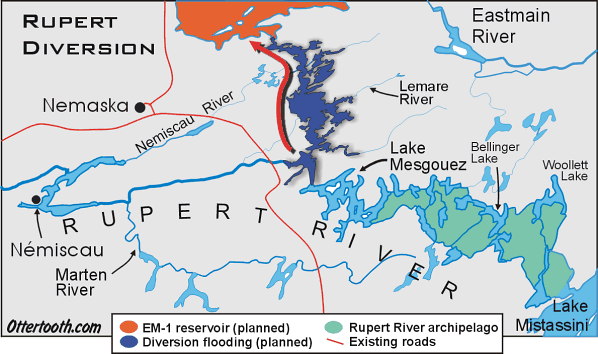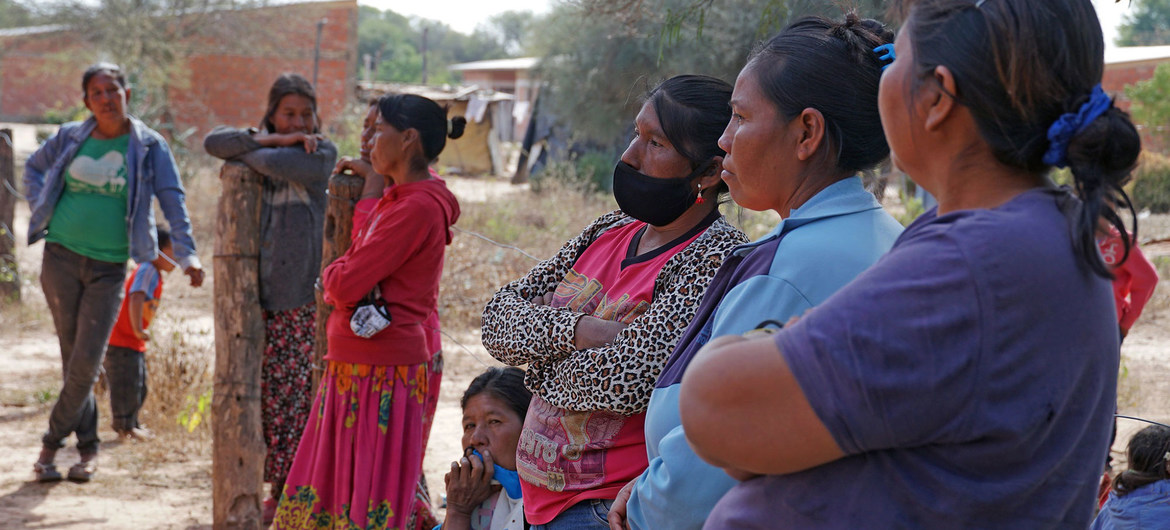
Paraguay violates indigenous rights: UN committee
Paraguay’s failure to prevent toxic contamination of indigenous peoples’ traditional lands by commercial farming violates their rights and sense of “home,” the UN Human Rights Committee found in a landmark ruling. The Committee, made up of independent experts from across the world, monitors countries’ adherence to the International Covenant on Civil & Political Rights. The decision on Paraguay marks the first time it has affirmed that for indigenous peoples, “home” must be understood in the context of their special relationship with their territories, including livestock, crops and way of life. (Photo: WHO via UN News)



